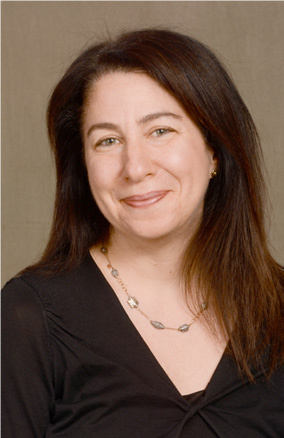Introductory language classes altered to make scheduling easier

The Department of World Languages, Literatures, and Cultures at Baldwin Wallace University is piloting a new way of scheduling introductory language classes to increase student enrollment, enabling more students to develop resume-strengthening language skills.
World languages are commonly taken to fulfill the International Studies requirement for graduation. This can be rather difficult, however, with certain courses such as Arabic, Chinese and German being taught four days a week, which can make it hard for students to fit these classes into their schedules.
The new system was designed to make it easier for students to fit a language into their schedule, with classes being taught three days a week like a typical three-credit-hour class. The extra credit-hour is gained with a new lab component added to the 100 and 200 level classes. This lab component, which is being piloted in some of the 100 and 200 level classes, adds new styles and concepts to be brought back to the classroom.
“It’s allowed for some innovations,” said World Languages Department Chair Dr. Nadia Sahely. “Professors have not only had to become creative in creating the lab component, but mindful of the students regarding the amount of work presented.”
New components have been integrated into the classes, such as a new cultural program in French 101 and group conversations in French 201. Students often believe that learning a language is an all or nothing trade-off, said Sahely, while the cultural aspects taught in classes are overlooked. The professors of BW’s Department of World Languages, Literatures, and Cultures have been developing new ways to engage and teach students that will help with the transition between the focuses of 100 level and 200 level classes.
After the 100 levels of a language, students in the past have often stopped taking classes because of the four-hour time block, said Sahely. Now, since each class will only take up a three-hour time block each week, the department hopes to see an increase of enrollment in classes not only at the 100 level, but also at the 200 level and upward.
There are many different possibilities that students can pursue after completing the first two years of a language. After completing a 202-level class, a student will have established a level of reading, writing and speaking proficiency, all of which are resume-strengthening skills. “By that point, your door is opening up exponentially,” Sahely said.
“Any knowledge of a language you learn will be useful to you. Any little bit helps,” said Elizabeth Wilson, a career advisor with BW Career Services.
Wilson, who is the liaison between the School of Humanities and Career Services, stressed the importance of learning a language, even if in just understanding cultural differences.
Wilson stressed that even if a student does not become fluent in the language, the classes they took are still things to note on a resume. Language classes show employers that rising young professionals are willing to expand their worldview. The investment in a language course now might be the difference in pushing your resume to the next round.
The Exponent is looking for financial contributions to support our staff and our newsroom in producing high-quality, well-reported and accurate journalism. Thank you for taking the time to consider supporting our student journalists.










































